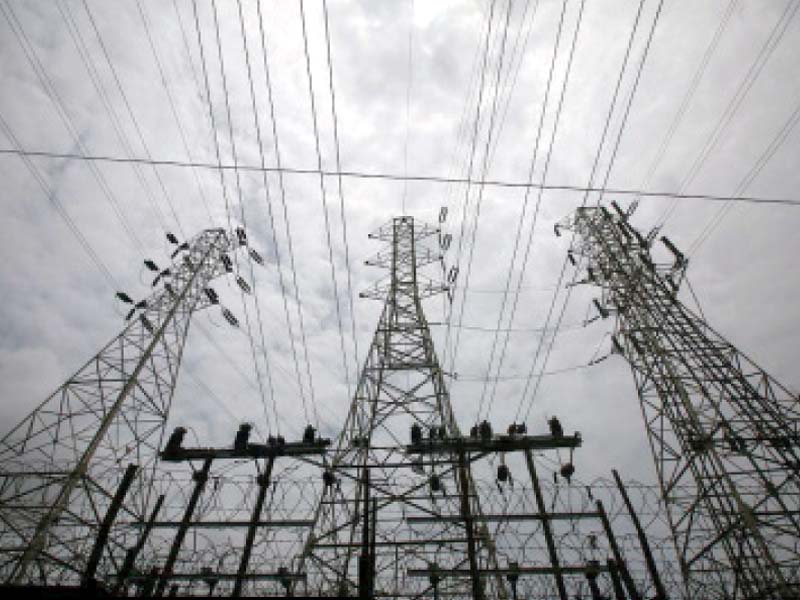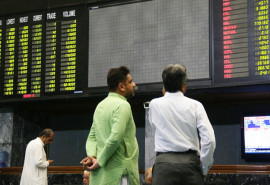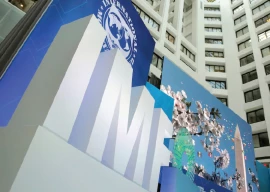
The power consumers of Pakistan are likely to face another hike in electricity tariff of up to Rs3.10 per unit on account of fuel charges adjustment (FCA) for the month of December 2021. Conducting a public hearing on Central Power Purchasing Agency (CPPA-G) petition on Tuesday, the National Electric Power Regulatory Authority (Nepra) pointed out that the violation of merit order and shortage of LNG (Liquefied natural gas) had imposed a burden worth Rs5.2 billion on the power consumers.
During the session, presided over by Nepra Chairman Tauseef H Farooqi, the authority further noted that the prices of LNG had increased considerably in the international market. Earlier, the CPPA-G, on behalf of power distribution companies (DISCOs), submitted a petition to Nepra, citing that the reference fuel charges from the consumers in December were Rs5.53 per unit, while the actual fuel cost was Rs8.65 per unit.
“Therefore it should be allowed to pass the increase of Rs3.126 per unit to the consumers.” Nepra officials were of the view that power rates would have declined by Rs14 a unit if wind and solar projects, having a capacity of 650 megawatts, had been completed. According to the regulator, the consumers were burdened by Rs2.6 billion owing to the violation of merit order, while shortage of LNG had added another Rs2.6 billion to it. The authority pointed out that after data evaluation, the hike in tariff would be by Rs3.1 per unit, which would burden the power consumers by Rs26.4 billion.
“However, the increase will not be applicable to households using up to 50 units per month and to K-Electric consumers,” Nepra mentioned. Nepra has reserved the judgment and will announce the decision later. Following massive hikes in power tariff of Rs4.75 and Rs4.3 per unit on account of monthly fuel cost adjustments of October and November, the regulator is again allowing DISCOs to increase the power tariff by Rs3.1 a unit for December’s fuel cost adjustment.
According to the petition, transmission losses were also high in December and amounted to 3.02%. Owing to the decrease in hydel, wind and solar power generation, expensive fuels such as coal, high speed diesel (HSD), furnace oil and LNG were used during the month under review, which had raised the generation cost. The per unit power generation cost was at Rs8.07 in November, which increased to Rs8.65 in December. According to CPPA-G, the total energy generated during December slightly increased to 8,827.05 gigawatt-hours (GWh) from 8,481 GWh in November.
The total power generation cost in December stood at Rs72.761 billion as compared to Rs53.627 billion in the previous month. The net electricity delivered to DISCOs touched 8,529.91 GWh at the cost of Rs8.66 a unit, according to CPPA-G data. On the other hand, hydel power generation decreased to 1,769 GWh in December against the generation of 2,816.49 GWh in November. On a month-on-month basis, the share of hydel generation declined to 20.04% in December against 33.21%, while the share of coal-based power generation increased to 2,104 GWh from 1,379.12 GWh in November.
The cost of coal-based generation stood at Rs13.31 a unit in December. Moreover, HSD-based power generation increased to 251 GWh in December from 24.99 GWh in the previous month. The share of electricity generated through HSD was at 2.84%. HSD is considered to be very expensive fuel compared to furnace oil. However, according to the petition, CPPA-G mentioned that the cost of electricity generated through HSD stood at Rs14.08 per unit, whereas the price of furnace oil-based power stood at Rs22.24 a unit. Electricity from HSD was even cheaper than re-gasified liquefied natural gas (RLNG), which stood at Rs17.81 a unit.



1672385156-0/Andrew-Tate-(1)1672385156-0-165x106.webp)














COMMENTS (1)
Comments are moderated and generally will be posted if they are on-topic and not abusive.
For more information, please see our Comments FAQ